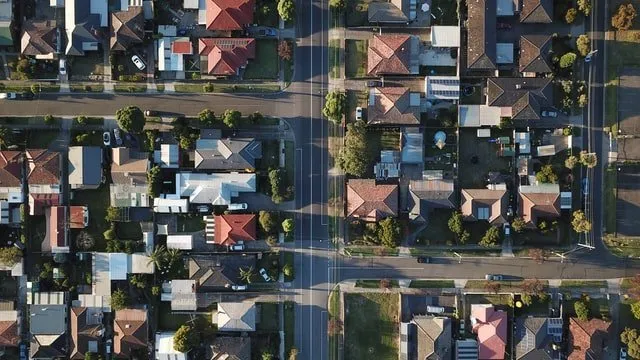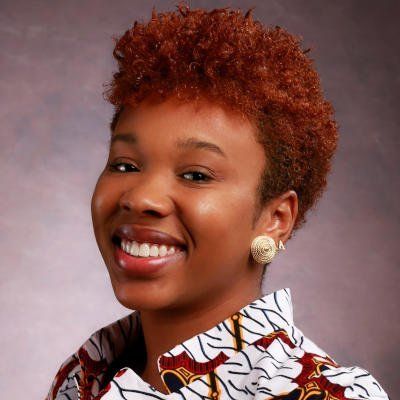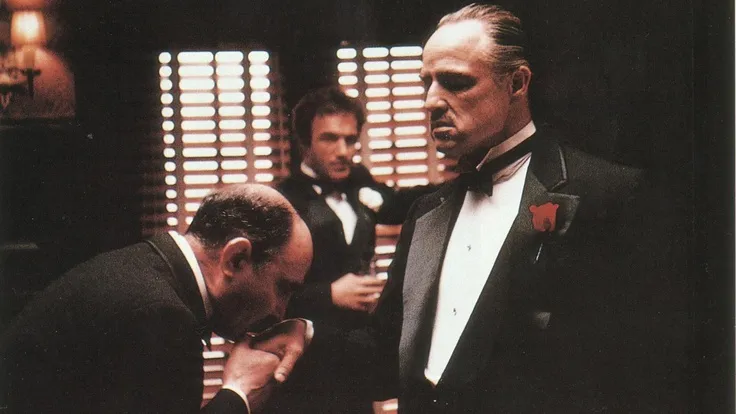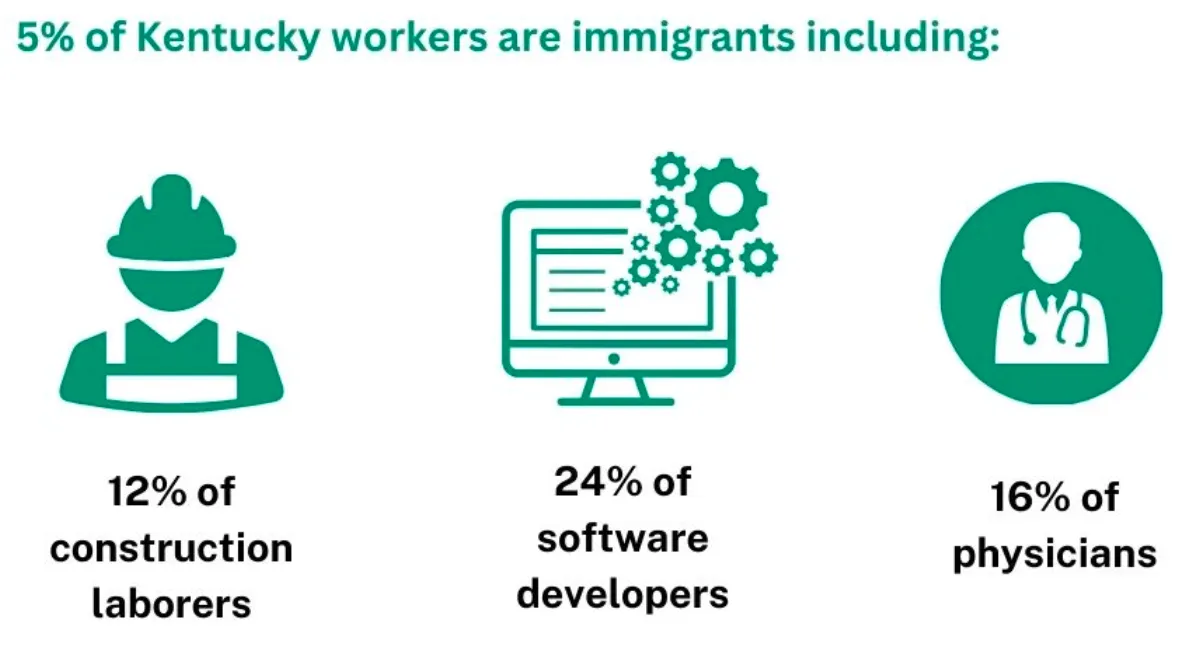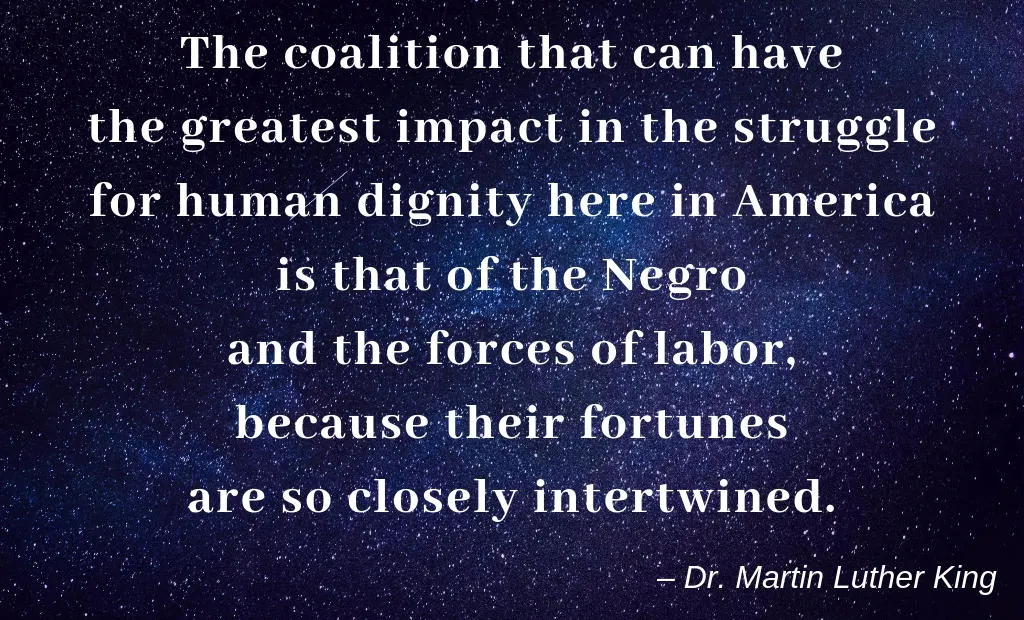Table of Contents
I’ve been Black since December 28, 1994. However, I didn’t learn what it was like to live in a Black community until I went to college in 2013.
Let me explain. I grew up in a small town in Woodford County, Kentucky. Where the true Kentucky bluegrass grows, where the horses are bred for Derby, and where the Woodford Reserve is distilled and sipped. More specifically, I grew up in the housing projects in Versailles, Kentucky to a 20-year-old single mom working toward her nursing degree (that’s right, my mom is essential).
In elementary school, I was the only Black girl in the classroom. In middle school, I was one of only two. The only impression I had of Black folk was what I learned from my immediate family. The men in my family caught fish, rode Harleys and knew how to do other stereotypical man stuff. The women in my family all had children prior to the age of 20, didn’t have more than a technical degree, and were beautiful homemakers.
My freshman year at the University of Louisville was my first true introduction to Black community — probably because, for the first time in my life, I was surrounded by Black people my age that weren’t my cousins. Since I moved to Louisville in 2013, I have heard nothing but distaste for the West End, even from the Louisville natives. Things like “the West End is the hood” and “people get shot in the West End”. So, for the past seven years, I’ve kept my Black ass east of 9th Street like I was told. What does a sheltered, small town girl know about the city? What does she know about the Black part of the city?
After moving into the Shawnee neighborhood three months ago, I realized that I didn’t know shit about the West End and that most Louisville natives don’t either. You would think living close to a university that you’ve signed a life long IOU with would be a safe area, right? Sike! My apartment was broken into when I lived on campus.
Needless to say, I was excited to move on up to the east side to St. Matthews and finally get a piece of that white privilege pie. St. Matthews is thriving with Karens that spend their mornings doing hot yoga, their afternoons at Whole Foods, and their evening shopping between two malls right next to each other. I couldn’t afford that lifestyle, but my white ex-boyfriend who obtained a four-year degree in six years at his parent’s expense with no obligation to Sallie Mae could. Even though I lived in the “good” part of Louisville among the rich folks, my car was still broken into and my neighbor was still shot. So how bad could the West End be?
I chose to move into a beautiful house in the West End fully aware of the issues I may face living in a predominantly Black neighborhood. Because of my experience in criminal law, I knew I was going to witness an increase in police presence, too. I also knew that as a result of systemic racism, my neighborhood would be considered a food desert and I would have to incur increased travel expenses to get necessities.
I guess I thought that my mobility and my two-thirds of a law degree put me at an advantage over other West Enders — that even though I was just as melanated as my neighbors, that I somehow would be less affected by the systemic racism that invades Black living spaces across the country. So imagine my shock when I tried to order wine in compliance of social distancing, and each of the four websites/apps did not deliver to address. Why didn’t they deliver to my address? Is it because they don’t want my Black money? Are they scared to deliver to Shawnee? Are they scared of me?
Not being able to have wine delivered is trivial because people without transportation, living in food deserts like the West End during this time of global pandemic, have real challenges and are forced to face double the amount of exposure to the virus to get essential items. Though trivial, that experience informed me that I was no different than my neighbors — that I was a true West Ender.
Camaraderie exists in the West End. When you walk outside, you speak and wave to whoever in the hell is looking at you. In the West End, when you mow your yard, you take the advice of your elderly neighbor who tells you to cut your grass a bit higher so you avoid burning it. In the West End, when you walk your dog, you stop so the playing children can pet it. In the West End, when you come back from being out of town, you tell your neighbor where you’ve been, you tell him thank you for watching your house while you were gone, and you ask him how his cat is doing.
Easter Sunday in quarantine, I was reading the Autobiography of Malcolm X and heard incessant honking of car horns. Perhaps somebody was hurt or, you know, it is the West End; maybe somebody got shot. To my surprise, I opened my blinds to see honking, waving, clapping, and a parade of cars with a man-sized rabbit sticking out of one of the sunroofs. It was a neighborhood Easter parade for the children who thought the Easter Bunny had forgotten about them in quarantine.
The makeshift birthday and holiday parades, and the free barbecues to feed those financially struggling during the pandemic are just a scratch on the surface of this community’s beauty. The West End has heart and soul unlike I’ve experienced elsewhere.
I am West End ignorant and I have a lot to learn. I encourage all Louisvillians to be West End ignorant with me. Let’s drop our bias and learn a thing or two.
--30--


